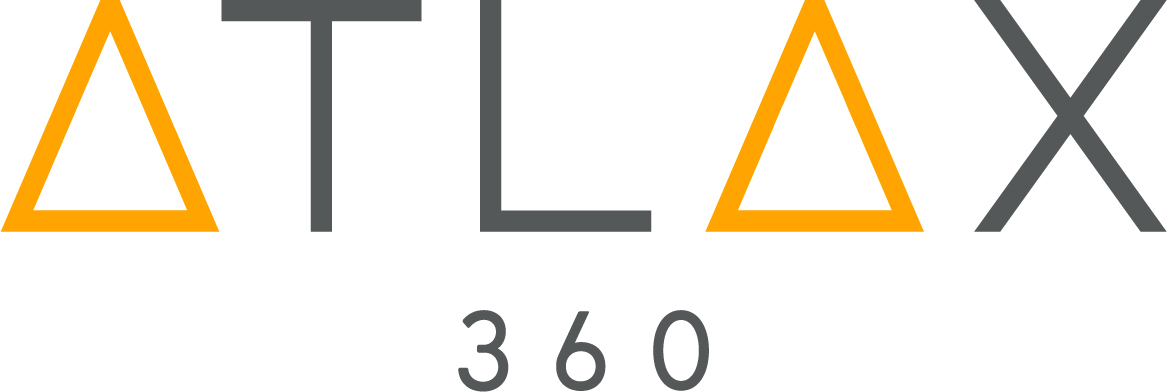In today’s B2B business landscape, task automation is essential for enhancing efficiency and accuracy in the billing process. Through solutions like the advanced platform Yndika, companies can comprehensively manage the entire billing cycle. This includes everything from issuing invoices to the final payment tracking and debt management.
All of this ensures greater visibility into cash flows, reduces payment delay risks, and optimises financial management. This vital process provides economic stability for the company’s growth. In this article, we specifically discuss this total control with the goal of optimising the Order to Cash (OTC) process.
Basic functionalities: invoicing and payment tracking
In the company’s billing management process, the issuance of invoices is the starting point. It’s crucial to have an automated system that efficiently generates invoices, in real-time and personalised. It’s important to remember that these documents must always include tax information and synchronised creation of invoice numbers.
Furthermore, having payment tracking tools is essential to monitor the status of each receipt. An important feature in this regard is the automatic generation of payment reminders and notifications to clients. This streamlines the billing processes and reduces response times.
Billing management and debt control
Billing management is another key stage in the OTC control of B2B transactions. To achieve maximum efficiency, it’s necessary to have a system that allows for structured recording and organisation of customer debts. This includes recording received payments and generating reports for both overdue and pending debts. This also involves managing payment agreements, deferments, or financing plans.
Here, process automation is crucial, as it streamlines administrative tasks and reduces errors. How is this achieved? Through the automatic sending of statements, real-time financial record creation, and proper integration with company ERPs for monitoring and risk control.
Key functionalities for task automation
Yndika, the comprehensive debt management platform, provides the keys that facilitate the automation of the OTC process in any company. A notable function is the complete customisation of billing processes according to the specific needs of each organisation. This is achieved through workflow configuration, portfolio segmentation, permission and role assignment, and user interface adaptation.
Furthermore, it automates repetitive tasks, streamlining processes and minimising errors. Through action scheduling, time and resources dedicated to debt management are optimised.
Real-time tracking and control
The cloud platform offers complete, real-time visibility into the status of invoices, received payments, and pending debts. Intuitive control panels allow for inspecting cash flow, identifying payment patterns, and making financial projections.
Additionally, it provides integrated communication features that facilitate traceability and interaction with clients. This includes the ability to send automated messages and notifications, as well as centrally manage inquiries and requests.
Alert system
Indeed, Yndika also features an integrated alert system. This functionality is highly useful, as it helps users stay informed and take swift actions related to the billing cycle. Alerts are configured according to the specific needs of each organization and are triggered in key situations. This includes payment due dates, pending payments, income delays, among other scenarios.
This alert system operates through various channels such as emails, text messages, or notifications on the platform. This keeps the management informed, enabling them to take appropriate measures to ensure efficient collection process management.
Integration with financial systems
The software also offers seamless technological integration with any ERP, regardless of location. Thanks to its compatible architecture, it offers various integration options and boasts an extensive suite of connectors to major market references. This integration is based on interoperability tools that facilitate secure and efficient data transfer.
The uniqueness of Atlax 360’s solutions lies in the utilisation of machine learning techniques and advanced analytical capabilities. Ultimately, it’s a platform that automates tasks to control the company’s billing cycle to its advantage.








